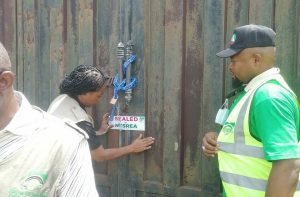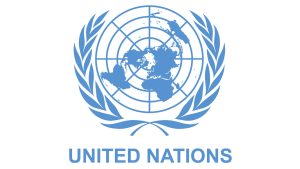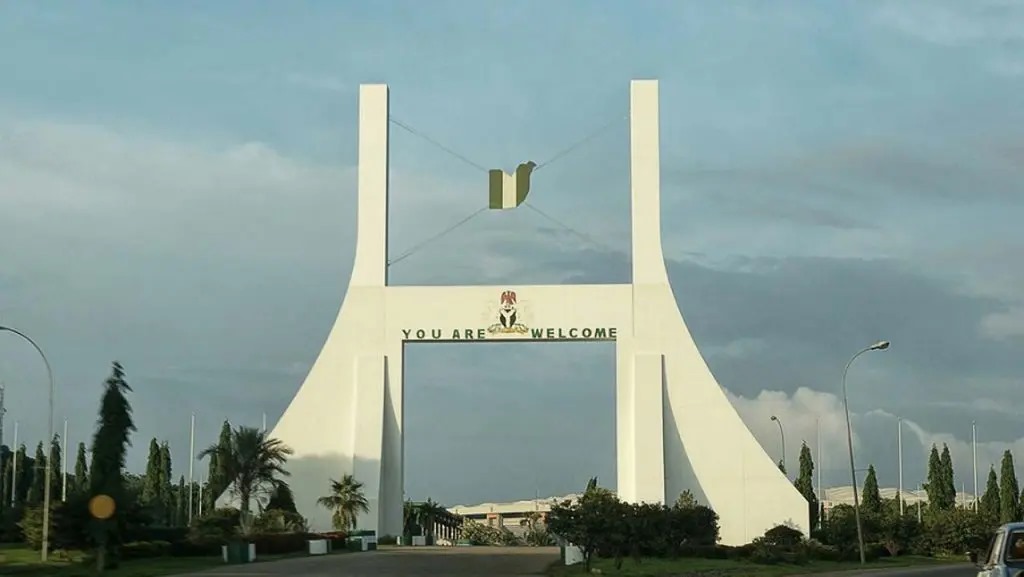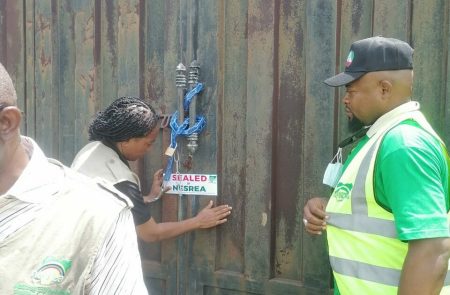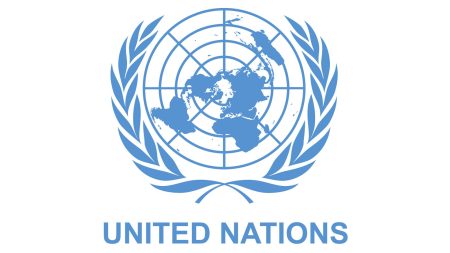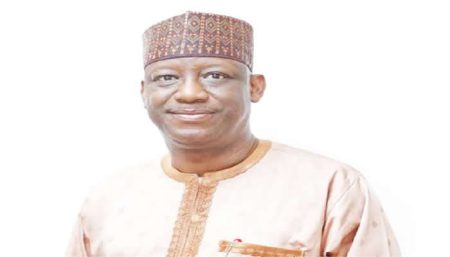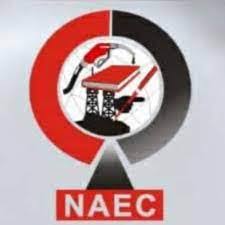The Chairman of Nigeria’s Economic and Financial Crimes Commission (EFCC), Ola Olukoyede, ignited a firestorm of debate with his assertion that civil servants, not politicians, own most luxury homes in Abuja, the nation’s capital. This claim, backed by investigations into financial improprieties within government ministries, points to a deeply entrenched system of corruption within the civil service, where career bureaucrats allegedly amass illicit wealth far exceeding that of their political counterparts. Industry experts and housing sector operators have largely corroborated Olukoyede’s statement, emphasizing the urgent need for robust oversight, transparent documentation, and a shift away from a culture of cash-based property acquisition towards sustainable mortgage systems. The revelations underscore a systemic failure in governance and accountability, raising serious questions about the effectiveness of existing checks and balances within the public sector.
Olukoyede’s claim, supported by EFCC investigations, suggests that many civil servants have exploited their positions to amass fortunes far beyond their legitimate earnings. These ill-gotten gains are then often funneled into high-end real estate in Abuja’s most exclusive neighborhoods, like Asokoro and Maitama, traditionally associated with the ultra-wealthy. The EFCC chairman cited specific examples where investigations into ministerial misappropriation uncovered significantly larger sums linked to civil servants, including directors of finance, procurement, and administration. This pattern suggests a deeply embedded network of corruption within the civil service, operating with relative impunity and often exceeding the scale of corruption attributed to politicians. This challenges the conventional narrative that focuses primarily on political corruption while overlooking the potentially more substantial financial malfeasance within the permanent bureaucracy.
Experts like Eno Obongha, President of the Association of Housing Corporations of Nigeria, concur with the EFCC’s findings, emphasizing the importance of legal and sustainable home ownership. While acknowledging the right of citizens to own property, Obongha stressed that such ownership must be acquired lawfully. He highlighted the critical need for robust mortgage systems to discourage the prevalent practice of outright cash purchases, often fueled by illicit funds. This, coupled with strengthening oversight and institutional frameworks, is seen as crucial to combating corruption and promoting transparency in the housing sector. The current situation exposes the weaknesses in the system, where the lack of effective checks and balances allows corruption to flourish unchecked.
Further corroboration comes from Jeremiah Akinsele, CEO of Magnificent Choice Services Project and Engineering Ltd, who highlighted the complexity of fighting systemic corruption. Akinsele noted the difficulty in tracing the source of wealth for many civil servants who own luxury properties, pointing to inadequate documentation systems as a major obstacle. The lack of proper property records, often incomplete or manipulated, makes it challenging to establish true ownership and track illicit financial flows. This reinforces the need for comprehensive reforms in property registration and tracking, advocated by institutions like the World Bank, to enhance transparency and accountability in the real estate sector.
The EFCC’s investigations, as detailed by Olukoyede, reveal a troubling reality where civil servants, entrusted with public funds, exploit their positions for personal enrichment. The chairman emphasized the role of civil servants as key enablers of corruption, stating that politicians often rely on the complicity of these “establishment insiders” to carry out their schemes. The fact that many confessed to their involvement when presented with undeniable evidence underlines the depth of the problem. This sheds light on the often overlooked power and influence wielded by career bureaucrats within the government machinery, who remain in their positions regardless of changing political administrations, further entrenching their ability to manipulate the system.
The focus on civil servants, however, does not absolve politicians of their role in corruption. Olukoyede is clear that both the public and private sectors are complicit, often colluding in elaborate schemes to defraud the nation. The EFCC’s ongoing efforts to strengthen investigative techniques, including tracing illicit funds, scrutinizing real estate transactions, and analyzing financial flows, aim to dismantle the complex web of corruption that permeates Nigerian institutions. This multi-pronged approach is crucial to addressing the systemic nature of corruption, targeting both the facilitators and beneficiaries of illicit financial activity.
The EFCC’s revelations represent a significant step towards understanding the dynamics of corruption in Nigeria. By shining a light on the often-ignored role of civil servants in this complex web, the commission is challenging conventional narratives and prompting a more comprehensive approach to tackling this pervasive issue. The emphasis on strengthening oversight, implementing robust documentation systems, and fostering a culture of accountability is crucial to preventing further abuse of public trust and ensuring that the pursuit of home ownership remains within the bounds of legality and ethical conduct. The long-term goal is to create a system where wealth accumulation is transparent and justifiable, ultimately contributing to a more equitable and just society.


